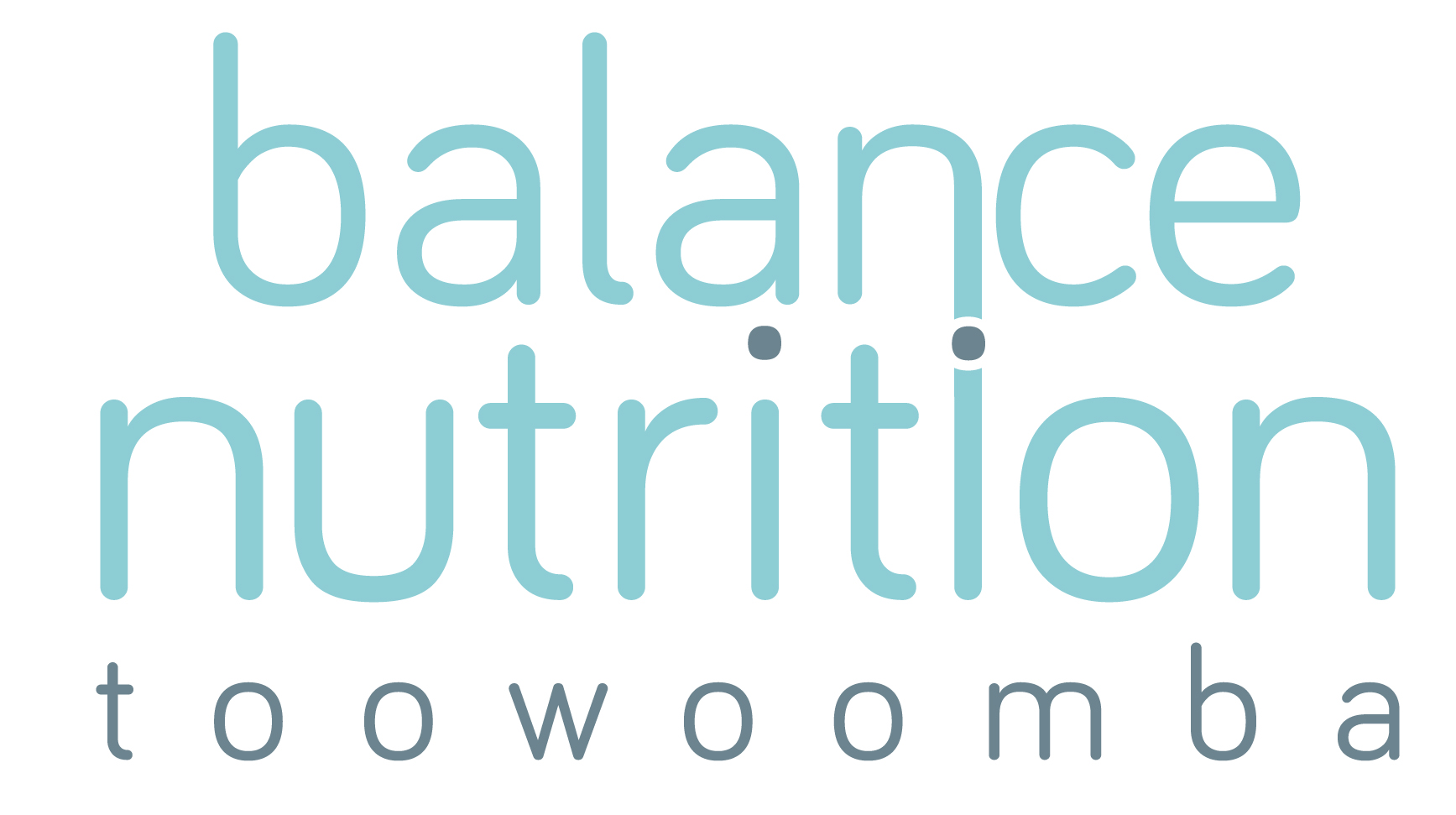How Does Hypothyroidism Impact Fertility & What Can I Do About It?
What is Hypothyroidism?
Hypothyroidism is when the thyroid gland is underactive and does not produce enough thyroid hormones to meet your body’s needs. Your thyroid gland is situated at the front of your neck and produces and secretes hormones that regulate metabolic rate, growth and development. An underactive thyroid gland enlarges in an attempt to produce more hormones.
Hypothyroidism is diagnosed by a doctor who will require a blood test examining your thyroid stimulating hormone levels, T3 and T4 levels.
Common Signs and Symptoms of Hypothyroidism:
· Constipation
· Fatigue and low energy levels
· Depression
· Slow heart rate
· Intolerance to cold temperatures
· Hair loss
· Dry, coarse skin
· Muscle aches
· Difficulty concentrating
How Does Hypothyroidism Impact Fertility?
Hypothyroidism can impact fertility by preventing ovulation – low levels of T4, or thyroxine, can cause an increase in prolactin, resulting in no egg being released, or irregular egg release. This can make conceiving more difficult as identifying your ovulation window becomes very difficult!
Hypothyroidism can also cause the second phase of your menstrual cycle – the luteal phase – to shorten, meaning that a fertilised egg may not have enough time to properly implant in the womb.
On top of this, hypothyroidism that is not well managed can result in miscarriage. This can also be the case with subclinical hypothyroidism – a condition where your TSH is raised indicating that there is a problem with your thyroid function, however not yet significant enough to result in low T4 levels.
Nutrients to help support healthy thyroid function:
- Iodine: an essential component of thyroid hormones and is found in pre-packaged breads, cereals and iodised salts
- Iron: an important mineral for thyroid function found in lean meats, eggs, tofu, legumes, nuts and seeds
- Selenium: forms part of the thyroid tissue. Brazil nuts are by far the richest source, followed by seafood, poultry & eggs
- Vitamin D: research suggests a link between low Vitamin D, hypothyroidism and autoimmune conditions. Most of our vitamin D comes from the sun but the best food sources are fatty fish (salmon, sardines & mackerel) and egg yolk.
Other Lifestyle Factors to Consider:
- Sleep: getting enough sleep (7-8 hours per night) is important to manage stress.
- Exercise: regular exercise enhances the effectiveness of some thyroid medications such as thyroxine.
- Stress: High levels of cortisol, or stress hormone, can interfere with TSH levels and cause a further reduction in thyroid hormone production.
How can a Dietitian help?
Working with an Accredited Practicing Dietitian can help support healthy thyroid function and fertility. Here at Balance Nutrition, Dietitian, Leah Stjernqvist has extensive experience with thyroid disease and fertility nutrition and offers an individualised and supportive nutrition approach.
Click here to book an appointment or call us on 4566 0765.

